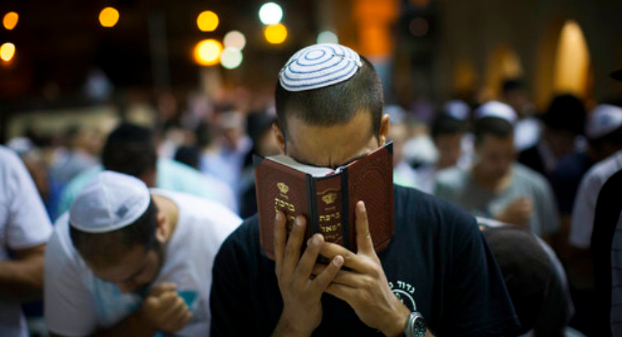A different kind of New Year
For those of us in studies currently, or with school-aged kids, September often feels much more like a true New Year than January. After all, September is when the school year begins for most and that new school year pretty much always signifies a new kind of beginning in a level up from the level before and often with the necessity of making new friends and reigniting with those friends from before.
This is a different kind of New Year from the one we traditionally celebrate every year, but it is no less important. This New Year is less about a massive celebration and more about putting things in order. That feeling might be created because we reach the end of summer, thus feeling refreshed and relaxed, or maybe because the return to school after a summer holiday normally comes with both excitement and anxiety (as I remember myself and see constantly from my kids). Going back through history, geographically and anthropologically, it is also an important time for a new cycle in agronomy. In September all major harvests are finishing and a new kind of work is beginning: the important work of preparing for the following year’s harvest.
Interestingly enough the Jewish holiday of Rosh Hashana also comes at around this time of new beginnings and fresh starts. This holiday, along with Yom Kippur, is the most significant holiday for the Jewish community. While it signifies new year, this is in a very different light than the commercial New Year we celebrate at the end of December. Rosh Hashanah is all about new beginnings and new chances, but above all changing the fate for the coming year yourself through your deeds, your penance for previous actions and thoughts and your asking for forgiveness. The belief behind the Jewish New Year (Rosh Hashanah) is highly embedded in the human practices and humans are highly inter-connected with the cycle of nature. Therefore, for the modern man, celebrating Rosh Hashanah does not necessary have to be a Jewish celebration, but only a away to stay tuned to world’s energy and interact with that energy.
It’s no surprise then that spiritual organisations, like the Kabbalah Centre, have as many non-Jews as Jews desiring to harness this spiritual energy for their betterment in the year to come. In fact the Kabbalah Centre can boast well-known members such as Madonna, Guy Ritchie, Ariana Grande and Marla Maples: all wanting to plug into the spiritual energy of the possibility for a the better year to come.
I have always been fascinated by the world of religions and how they adapt to modern times. What I find especially modern about this ancient ritual is the aspect of taking fate into your own hands. A main part of Rosh Hashanah, which just finished this year, is related to affecting your next years fate by prayer, being thoughtful, mindful and above all asking for forgiveness and realising that you need forgiveness.
With my clients I have found that many complexes we face, as significant hurdles in reaching the future we actually want, come from the inability to forgive ourselves or others. Forgiveness however is such a key act to moving on that it cannot be understated. To forgive yourself and others you need to acknowledge the actions that need to be forgiven and you need to let them go. Imagine the work that comes with really being able to “let go” of something that has plagued us for years perhaps, sometimes even decades. Now imagine truly and completely letting go of this something so much so that you can really move past it. How much lighter do you feel now? For some people, the past that they cannot move beyond keeps them stuck and unable to reach the future that they truly desire. But it is only through this act of forgiveness and letting go that we can truly move beyond and reach the life that we dream of.
Through forgiveness and letting go, you demonstrate that you are not just a reactionary being, but a proactive human who can decide and be held accountable to this decision. Taking that responsibility upon yourself relieves the strain of conflict you may have had with other people, because if you can forgive yourself, you see others in that same vulnerable human light, enabling you to forgive them and love them at the same time for who they are.

